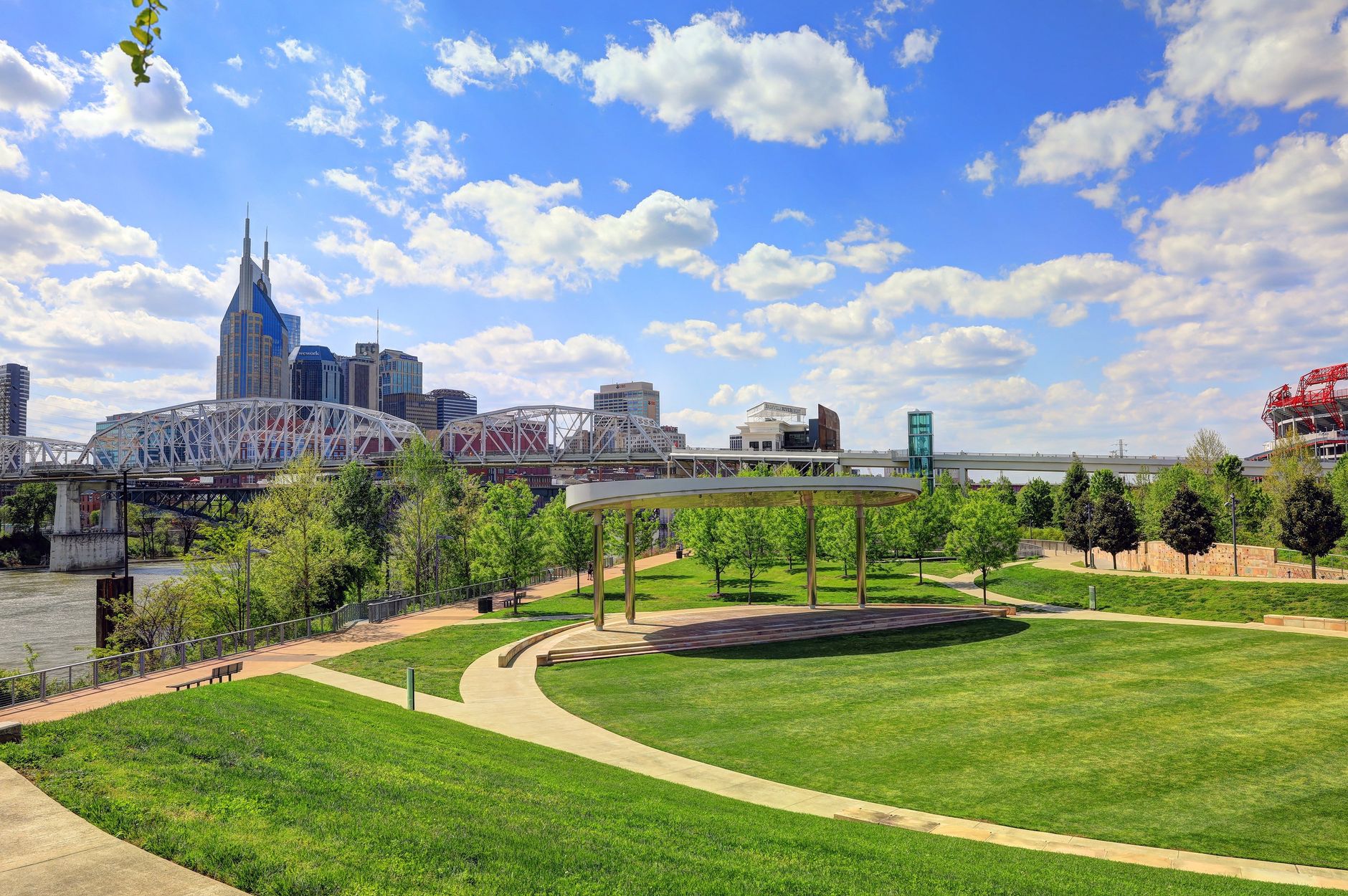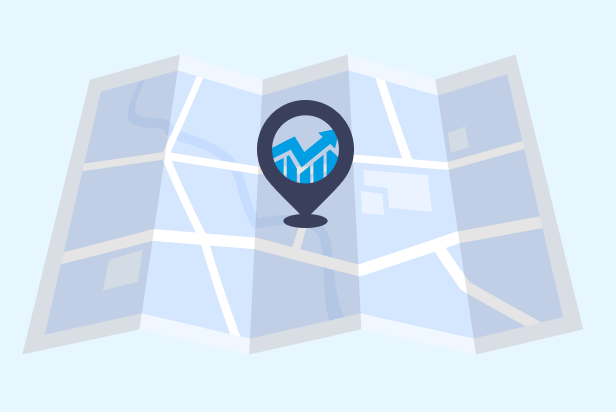Investment Property for Sale
Best States to Invest in 2025

Newly Added Investment Properties for Sale
$1,695,000

2135 Quenby St, Houston , TX 77005
University Place
Single Family Residential
4 beds |
3 baths |
4,079 sq.ft
CAP RATE
Airbnb:
-2.62%
Trad:
-2.45%
$899,000

1508 E 11th St, Austin , TX 78702
Central East Austin
Single Family Residential
3 beds |
2 baths |
1,625 sq.ft
CAP RATE
Airbnb:
-1.34%
Trad:
0.58%
$1,550,000

6400 Harding Pike, Nashville , TN 37205
Warner Park Valley Highlands
Single Family Residential
5 beds |
4 baths |
3,884 sq.ft
CAP RATE
Airbnb:
0.31%
Trad:
0.62%
$759,900

2221 Thistlewood Dr, Nashville , TN 37216
Burchwood Gardens
Single Family Residential
4 beds |
3 baths |
2,098 sq.ft
CAP RATE
Airbnb:
0.63%
Trad:
1.62%









